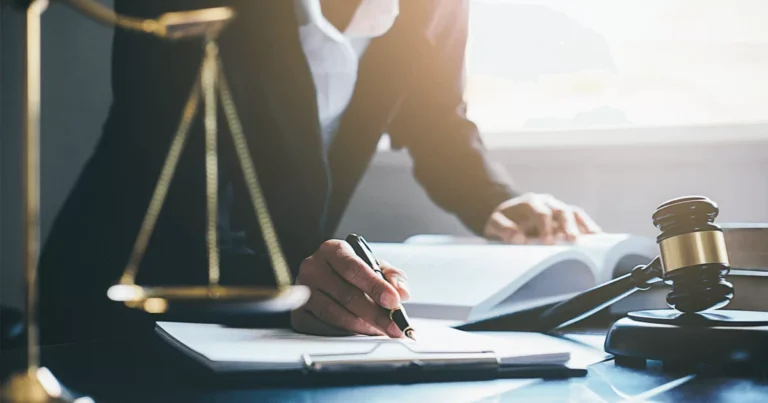Need Help? Free Consultation
(888) 508-6205
Dealing with debt can be overwhelming, especially when debt collectors start calling. Fortunately, there are laws that protect consumers from abusive practices. One of the most important laws in this area is the Fair Debt Collection Practices Act (FDCPA). Enacted in 1977, the FDCPA is designed to eliminate abusive, deceptive, and unfair debt collection practices, while also ensuring that ethical debt collectors can still collect debts fairly.
In this blog, we’ll break down what the FDCPA is, who it applies to, what rights it gives you, and how you can take action if those rights are violated.
1. What is the Fair Debt Collection Practices Act (FDCPA)?
The Fair Debt Collection Practices Act is a federal law in the United States that regulates the behavior of third-party debt collectors. These are individuals or companies that collect debts on behalf of others, such as collection agencies or lawyers who regularly collect debts.
The FDCPA is part of the Consumer Credit Protection Act and is enforced by the Federal Trade Commission (FTC) and the Consumer Financial Protection Bureau (CFPB).
2. What Debts Are Covered?
The FDCPA only covers personal, family, and household debts. These include:
- Credit card debt
- Medical bills
- Mortgages
- Auto loans
- Personal loans
It does not cover debts incurred for business purposes.
3. Who is Protected by the FDCPA?
The FDCPA protects consumers—that means individual people, not businesses. If you owe a debt for personal, household, or family use and a third-party collector contacts you, you are protected by the FDCPA.
It’s important to note that original creditors (like your bank or credit card company) are generally not bound by the FDCPA unless they are using a different name to collect the debt.
4. What Are Debt Collectors Not Allowed to Do?
Under the FDCPA, debt collectors are prohibited from engaging in practices that are:
Harassing or Abusive
- Calling repeatedly or at odd hours (before 8 AM or after 9 PM)
- Using profanity or threatening violence
- Calling your workplace if you’ve asked them not to
False or Misleading
- Claiming to be an attorney or government official
- Threatening legal action they cannot or do not intend to take
- Misrepresenting the amount you owe
Unfair Practices
- Adding unauthorized interest, fees, or charges
- Depositing a post-dated check early
- Trying to collect more than you owe
5. What Are Your Rights Under the FDCPA?
The FDCPA gives consumers several important rights:
Right to Dispute the Debt
You have 30 days after being contacted by a debt collector to dispute the debt in writing. Once you do, the collector must stop collection efforts until they provide written verification of the debt.
Right to Request No Further Contact
You can ask a collector in writing to stop contacting you. After that, they can only contact you to say they will stop collection efforts or are taking legal action.
Right to Sue for Violations
If a collector violates the FDCPA, you can sue them in state or federal court within one year of the violation. You may be awarded damages up to $1,000, plus court costs and attorney fees.
6. How to Protect Yourself from Unfair Debt Collection
Here are a few tips to help you handle debt collectors safely:
- Keep Records: Save all letters, emails, and voicemails. Write down the date and time of phone calls and who you spoke to.
- Don’t Share Too Much: Avoid giving personal or financial information over the phone.
- Ask for Validation: Always request a debt validation letter if you are unsure about the debt.
- Know Your Rights: Educate yourself on what debt collectors can and cannot do.
- Report Violations: File complaints with the CFPB, FTC, or your state attorney general.
7. Where to Get Help
If you feel overwhelmed or believe your rights have been violated, you don’t have to face it alone. Here are some resources that can help:
- Consumer Financial Protection Bureau (CFPB): www.consumerfinance.gov
- Federal Trade Commission (FTC): www.ftc.gov
- National Consumer Law Center: www.nclc.org
- Local Legal Aid Services: Look for non-profits in your area that offer free legal help.
Final Thoughts
The Fair Debt Collection Practices Act is a powerful tool that gives consumers protection and peace of mind when dealing with debt collectors. Understanding your rights can help you take control of the situation and protect yourself from harassment or deceit.
If you’re dealing with debt, remember that you have options—and you’re not alone.



